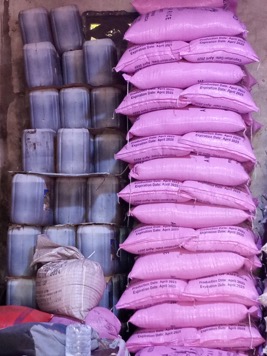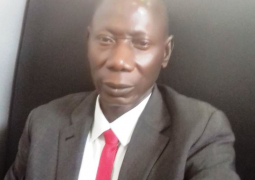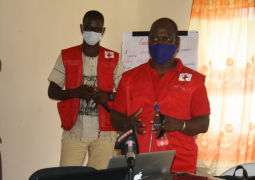
The recent increase in the price of basic food commodities has put many households in critical situation and from the look of things there is in no end in sight to this alarming trend.
In some markets, a bag of American rice now costs D1,750; a bag of sugar costs D2,450; a bag of onion is D1,500 and a 20 litre gallon of oil costs D1,650.
In an recent exclusive interview with The Point, Werisini Mendy, a vendor at the Brikama Market, expressed concern over the alarming trend and the poor state of the market.
"The market is very dirty and there are no proper toilets. Despite this, we pay duty everyday," she said.
According to her, they used the monies generate from their daily business to make a living and take care of their respective families.
"We also help our husbands [some of whom receive low wages] to take care of their families."
She also commented on the ban on plastic bags by the government, which she said, is another challenge as most vendors trade in that business, especially those who make a livelihood by selling ice blocks, water and other liquid substances.
"The price of basic food commodities has no control in the market and that is our main challenge," Hassan Darboe, a store owner at the Brikama market stated.
The high cost of basic commodities, he added, makes it hard for them to sell their products sometimes.
"It is very difficult for both the sellers and buyers." he added.
Fatou Jeng, another vendor, who deals in vegetables, equally lamented similar challenges.
For her, business is not what it used to be as some families cannot afford to buy basic food commodities due to high costs.
"If a low income earner takes D200 to the market, the only thing the person can buy from it is fish and only fish is not enough for a meal. It needs to go with other ingredients. ” she added.
Isatou Bojang and Kaddy Darboe, both vendors at the market, expressed similar sentiments.
They lamented that the challenges they currently face is becoming unbearable.
"We do business at a loss daily because what we consume is more than the profit we make daily.” Kaddy Darboe stated.





